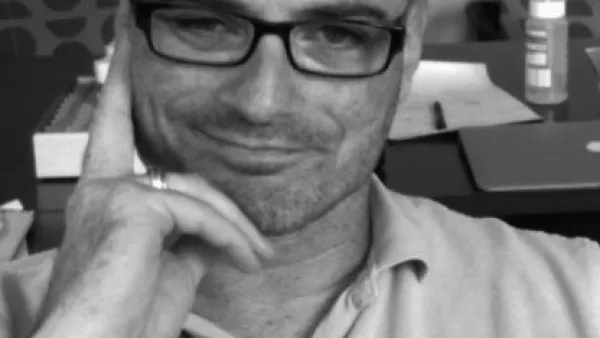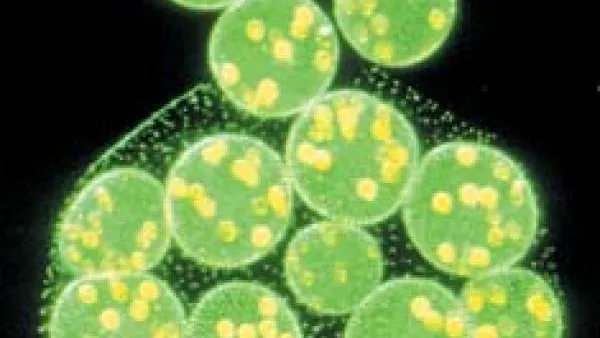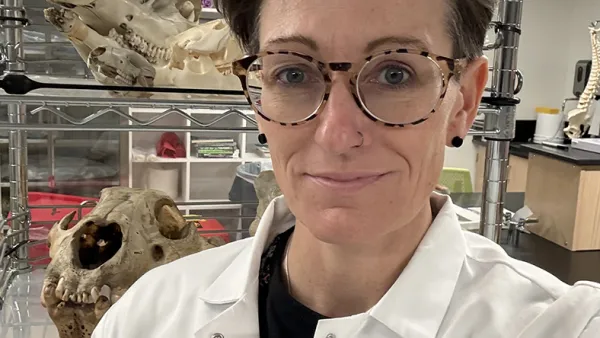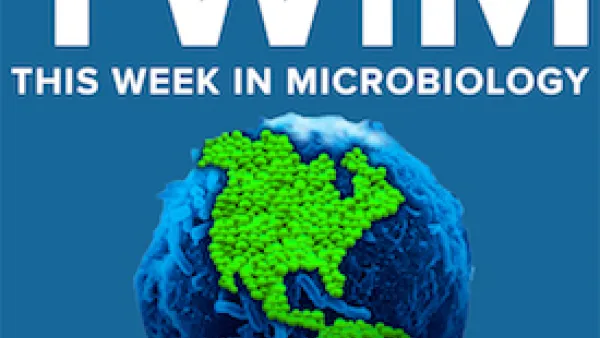Doctorate candidate Eric Conners has received a 2021-2022 Howard A Schneiderman Fellowship. The award recognizes "a graduate student involved in the biological sciences who is interested in the broader/societal implications”. He will receive a one-year stipend award.
The fellowship was established in 1994 in honor of Howard Schneiderman, an entomologist who discovered insect juvenile hormone. He was a professor at Case Western University and UC-Irvine until he moved to St. Louis and Monsanto (now Bayer) in 1979, where he was senior VP of Research & Development. Schneiderman was dedicated to moving science from the laboratory into the public and global arenas.

Conners is a graduate student in the Plant and Microbial Biosciences graduate program at WashU and is advised by Arpita Bose, associate professor of biology. His research aims to advance sustainable bioplastic production, which addresses a pressing societal need - to find alternatives to petroleum-derived plastics that are polluting our planet.
“Eric is an extraordinary person and a great role model for everyone. Raised by a single mother and despite enduring various challenges daily, Eric shows all of us that where there is a will there is a way,” said Bose.
Conners is from Pittsburgh, Pennsylvania, and earned his bachelor’s degree from Allegheny College (Meadville, PA) in 2016. He also serves as Treasurer of InPrint, a graduate student representative on the PMB Steering Committee, and a consultant with The BALSA Group.
“I am extremely grateful for the selection committee's recognition of my dedication to the broader societal impacts of science. The ethos represented by the Schneiderman Fellowship is an important reminder that science - and scientists - do not exist in a vacuum; we must be always mindful of our role as members of a broader community.
“In this sense, I believe we are obligated to not only consider the impact of our research but also how we can positively influence our community beyond the bench,” said Conners.
Conners is studying polyhydroxybutyrate (PHB) production as a bio-polymer and a potential alternative to petroleum-based plastics that is bio-degradable, moldable, bio-compatible, thermoresistant, and less resource-intensive than conventional plastics. Some bacteria accumulate PHBs, which they can break down when "food" is scarce - essentially playing the same role as glycogen in humans.
“One of the goals of my research is to understand PHB accumulation in photoferrotrophs - a group of photosynthetic bacteria that can acquire electrons from diverse sources like iron minerals or electrodes, the latter allowing us to "feed" electricity to bacteria to stimulate PHB accumulation,” explained Conners.
They can then use genetic engineering and electrochemical techniques to enhance PHB accumulation. His research will not only help us understand the physiological importance of these microbial carbon and energy reserves but also bring us closer to making bioplastic technology feasible.



